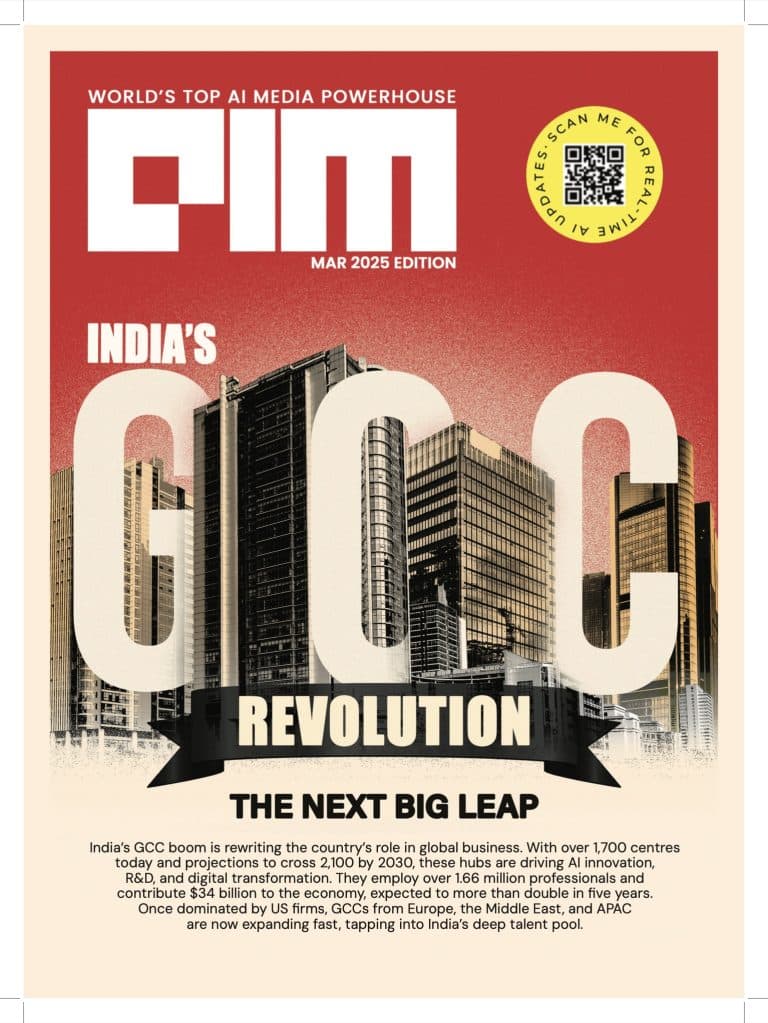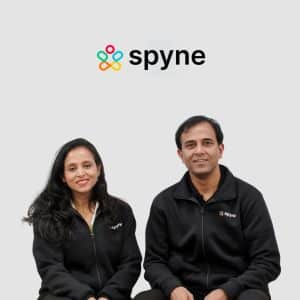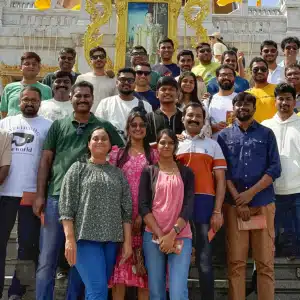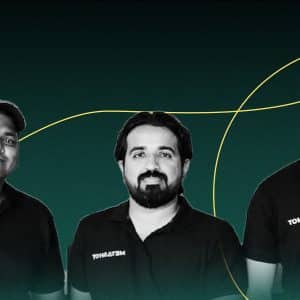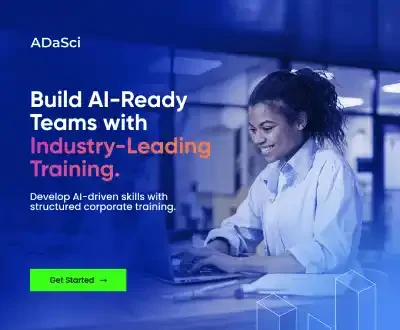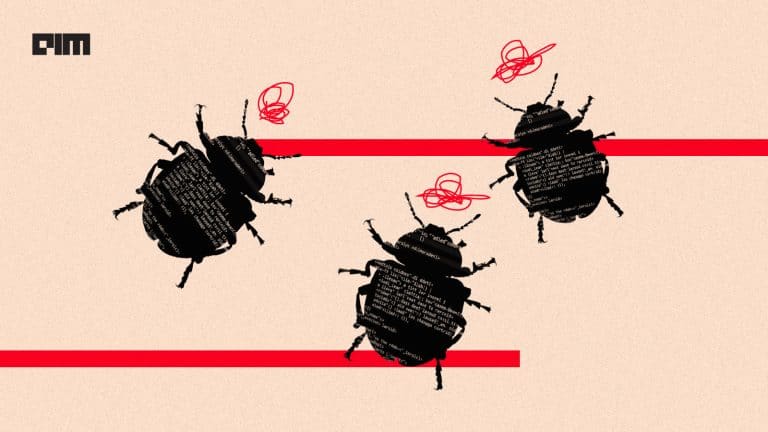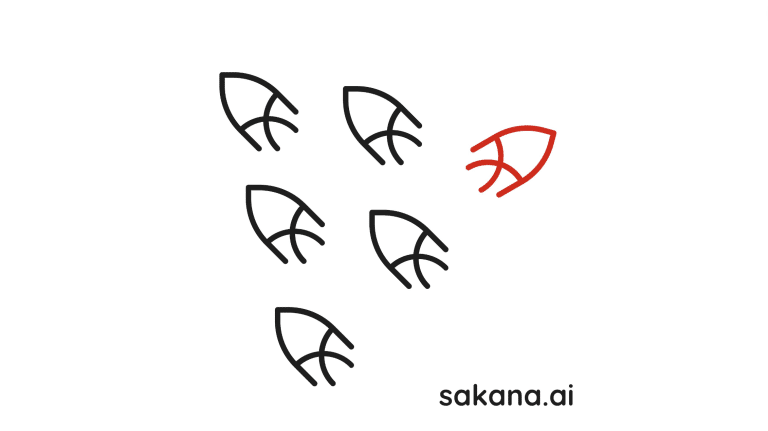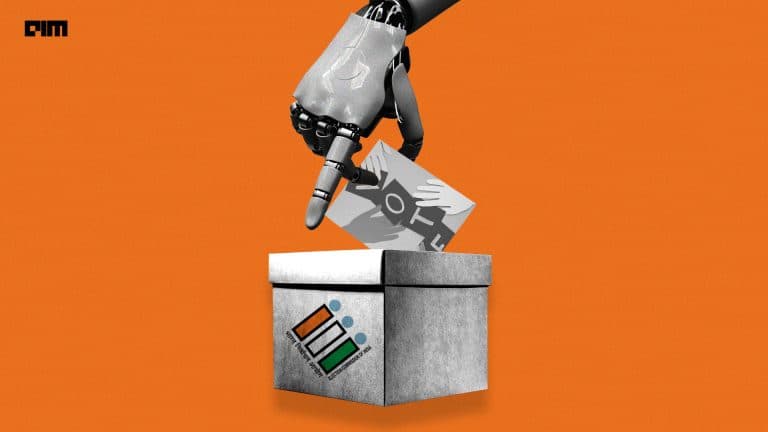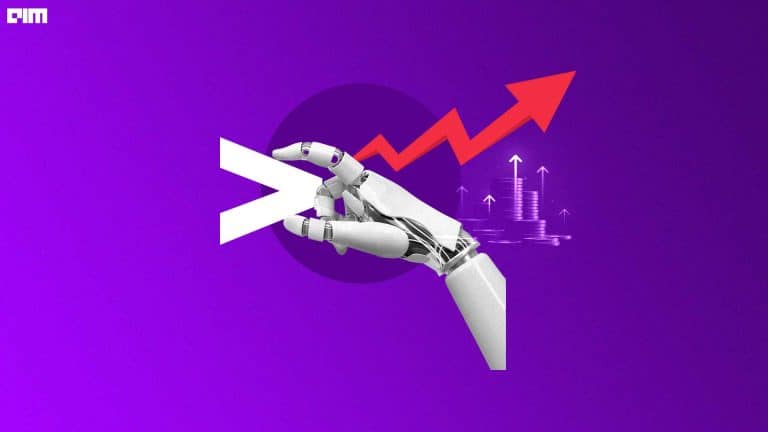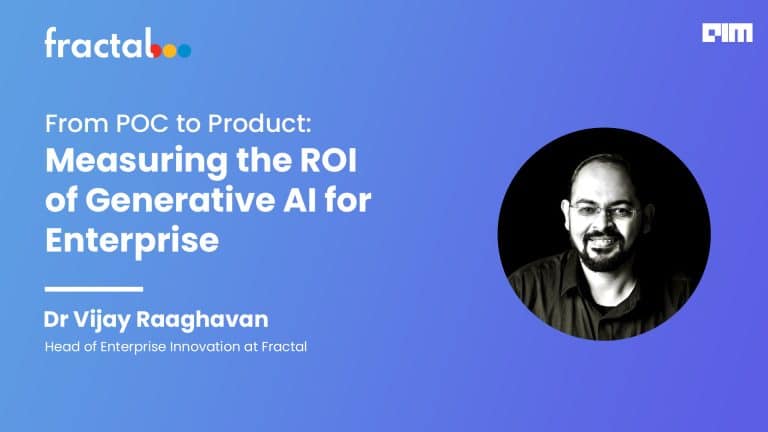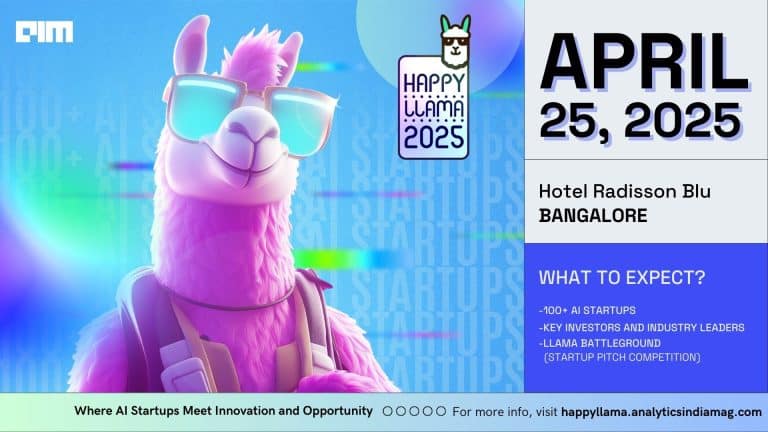Conversations on AI startups building wrappers on foundational models have been ongoing for the past few years. The debate about the value of startups centred on these wrappers is more complicated than it initially appears, with no conclusive verdict reached so far.
In the recent Google Cloud report titled ‘Future of AI: Perspectives for Startups 2025’, various startup founders and venture capitalists (VCs) shared their insights on AI trends and predictions. One notable perspective came from David Friedberg, entrepreneur and CEO of Ohalo Genetics, who believes that it’s not enough to just be an LLM wrapper.
“If you’re just an LLM wrapper, it’s going to be hard to build a sustainable business—you’re likely
going to get commoditised away,” said Friedberg, who believes that businesses need a mechanism for value creation that sustains an initial competitive advantage through ongoing enhancements.
“This will typically come from proprietary data generation, which is used to continuously improve model performance, or network effects that lock-in access to data or customers,” he said.
He believes that startups need to be agile and adaptable, but at the same time, they must also deliver unique value.
While Friedberg’s thoughts may be coming from an investor’s point of view who is probably looking for long-term value from startups, a number of AI startups springing up are mostly AI wrappers.
Innovative Solutions Matter
“Most people are so upset when they use the word wrapper. It feels so derogatory. You feel like an insulter or something,” Perplexity co-founder and CEO, Aravind Srinivas said in an interview earlier.
Srinivas highlighted how people perceive the term ‘wrapper’ today, and suggested that in many ways, everyone is a wrapper. Notably, Perplexity integrates multiple LLMs alongside their own model to deliver more comprehensive results.
Recently, Will Poole, managing partner and co-founder of Capria Ventures, shared a similar viewpoint. During an exclusive video interaction with AIM, Poole noted that while some might view wrappers negatively, others draw parallels to how SaaS is essentially built as a wrapper around databases, despite SaaS having an entire industry built around it.
Poole stated that instead of wrapper’s perception as derogatory, the focus is on whether true, deep innovation has been applied and whether it generates valuable business data that can create a competitive moat, enabling long-term sustainability.
Considering how a number of Indian startups cater to various markets, the ability to customise and build upon existing LLMs presents a solution to complex problems. In fact, VCs are looking to invest in Indian AI startups that offer nuanced solutions that big tech companies cannot deliver.
Citing 5C Network as an example, Poole explained how the medical AI startup is helping transform radiology departments by running diagnostics via AI. The key differentiator is their access to high-quality and diverse medical data, which ultimately serves as a moat for them. It also adds to the reason why Indian companies would prefer to work with home-grown startups rather than big tech companies who have built their proprietary models.
Not Shying From Wrappers
Leading VC firm Accel, which is aggressively investing in emerging AI startups in India, with a recent announcement of $650 million in early-stage funds to boost AI and tech for Bharat, had earlier shared a similar sentiment on investing in wrapper companies.
“The majority of people can start with a wrapper and then, over a period of time, build the complexity of having their own model. You don’t need to do it from day one,” Prayank Swaroop, partner at Accel, earlier told AIM.
Swaroop emphasised that Accel has no inhibition in investing in wrapper-based AI companies, as long as the startup can prove its ability to find customers by building GPT or AI wrappers on other products. However, he said that for a research-led foundational model, it is crucial to stand out, and simply creating a GPT wrapper does not qualify as a new innovation.
Source: X
Recently, a Chinese general purpose AI agent Manus has been taking the world by storm for the last few days. A general agent can independently plan, execute, and produce complete results by browsing websites in real time and handling multiple data types for processing and generation. What is interesting is that Manus is an AI wrapper.
Manus was built on top of Anthropic’s Claude Sonnet model and other tools such as Browser Use. While this has sparked significant discussions, the reality is that people continue to build them, with the ultimate measure being the value addition they provide.
Notably, some startups built around foundational models from big tech companies have received impressive valuations. One such example is Harvey AI, a generative AI platform designed for legal professionals, which is built on OpenAI’s GPT models and backed by OpenAI.
The startup raised a total of $580 million in funding, including a recent $300 million Series D round, which valued the company at $3 billion.
While the rise of AI wrapper startups reflects market sentiment, their adoption is a testament to the fact that wrappers are likely here to stay. Perhaps being an LLM wrapper isn’t as bad as it once seemed after all.





